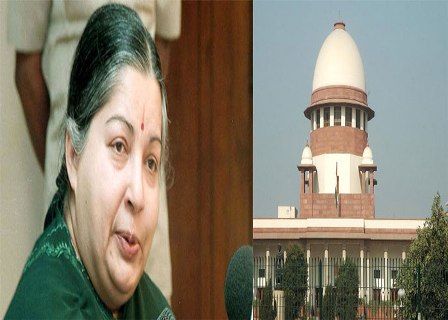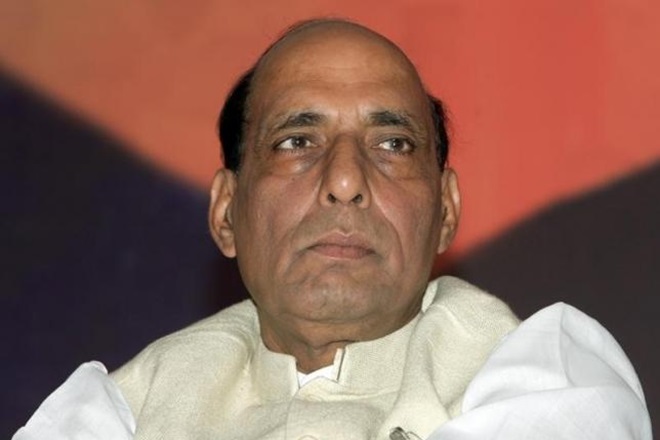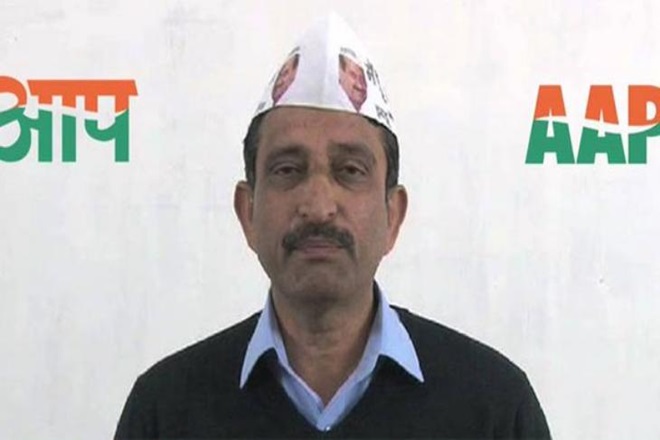The Supreme Court on Monday ruled as bad in law Tamil Nadu's appointment of a special public prosecutor (SPP) in the hearing of J. Jayalalithaa's plea by the Karnataka High Court against her conviction in disproportionate assets case. Holding the appointment of Bhavani Singh as flawed, the apex court bench of Justice Dipak Misra, Justice R.K. Agrawal and Justice Prafulla C. Pant also said there was no need for fresh hearing in Jayalalithaa's appeal in the disproportionate assets case. Pronouncing the judgment, Justice Misra said the Tamil Nadu government has no authority to appoint Bhawani Singh as the SPP as the Karnataka government being the prosecuting agency has the right to appoint the SPP. The apex court verdict came on the plea by DMK leader K. Anbazhagana, challenging the Tamil Nadu government's appointment of Bhavani Singh as the SPP before the high court. Former Tamil Nadu chief minister Jayalalithaa has approached the high court, challenging her conviction along with three others in disproportionate assets case by a Bangalore trial court on September 27, 2014. The Bangalore court has sentenced Jayalalithaa to four years in jail with a fine of Rs.100 crore. Besides Jayalalithaa, her aides N.Sasikala, V.N. Sudhakaran and J. Elasvarasi were sentenced by the trial court. They too have appealed before the high court. The matter was heard by the three-judge bench of the Supreme Court following April 17 split verdict by the bench of Justice Madan B. Lokur and Justice R. Banumathi. While Justice Lokur held that the appointment of Bhavani Singh vitiated the hearing of the appeal before the Karnataka High Court, Justice Banumathi found no legal infirmity in Bhavani Singh's continuation as SPP as he was appointed for the case and his appointment was not revoked by the Karnataka government. The disproportionate assets case against Jayalalithaa and three others related to the period from 1991-1996 involving Rs.66.65 crore when she became the chief minister of Tamil Nadu for the first time. The case lasted for about 18 years.

















